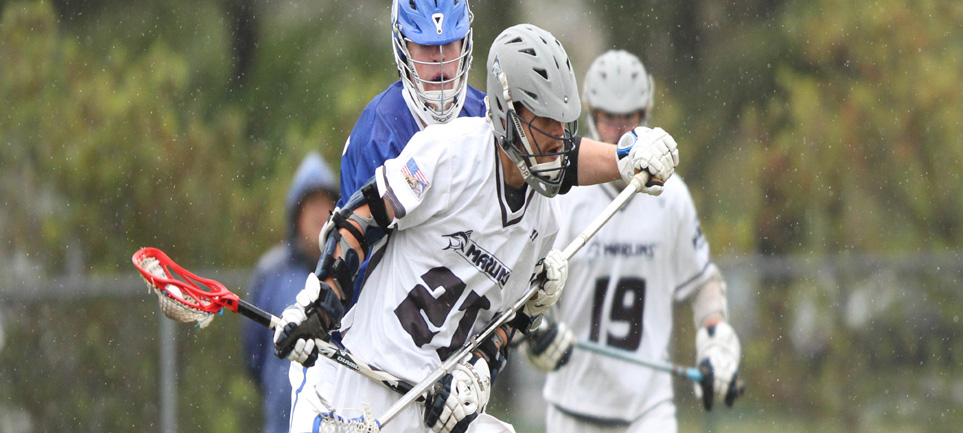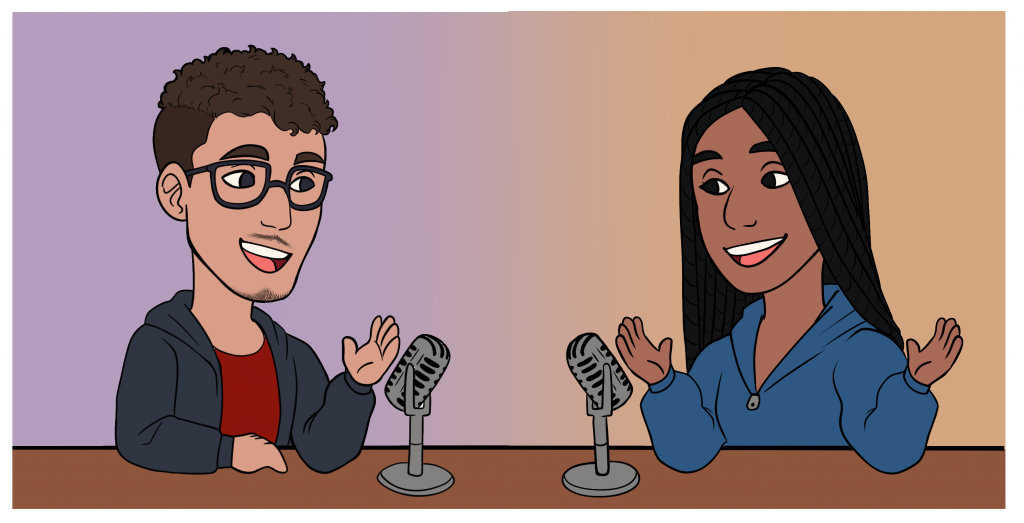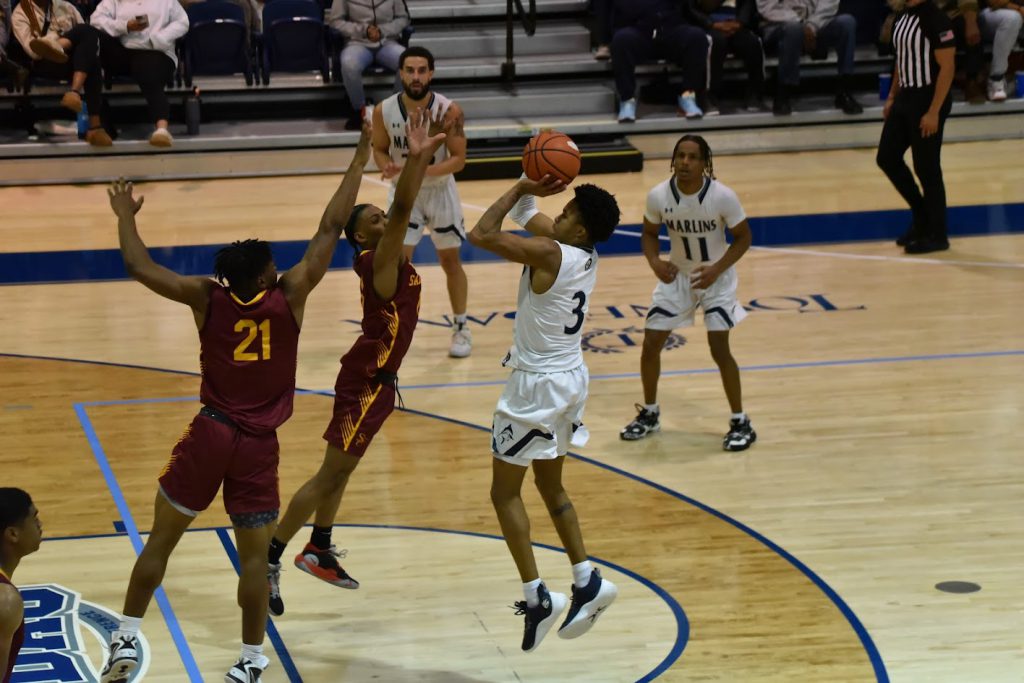 CONNOR KING
CONNOR KING
Staff Writer
The National Collegiate Athletic Association faces mounting pressure from current and ex-student athletes to provide salaries for collegiate sports players.
Ohio State University wrestler Logan Steiber won the 141-pound weight class wrestling national title, earning a hefty $18,000 prize because of “exceptional athletic achievement.”
Although he deserves his prize, Steiber will not see a penny of the cash he was awarded. Gene Smith, the athletic director at Ohio State, will casually pick up the bonus because the “exceptional achievement” occurred while he has been serving as director. Welcome to the world of college sports under the governing body we call the National Collegiate Athletic Association (NCAA).
Considered a “non-profit organization,” the NCAA makes around $800 million annually, with president Mark Emmert taking home a whopping $1.7 million every year. Last week, not for the first time, Emmert made headlines for his disapproval of players wanting to unionize, calling the effort “grossly inappropriate.”
“They are student-athletes. They are not our employees, they don’t work for us, they are our students, so we don’t pay them,” Emmert said back in February of 2011, and his stance on the issue has not changed since.
The hypocrisy in his comments can be found rather quickly, though, as pointed out on Twitter this past summer by ESPN College Basketball analyst, Jay Bilas.
“Go to, type in ‘Manziel’ in upper right search box, hit ‘enter.’ This comes up,” Bilas tweeted in August, with a screenshot of four No. 2 Texas A&M jerseys for sale, the same jerseys that Johnny Manziel, a “student-athlete,” made popular during his Heisman-winning season in College Station.
“They call us student-athletes, then they take us away from our school,” Shabazz Napier told reporters after his UConn Huskies won the 2014 NCAA title in basketball. “We as student-athletes get utilized for what we do so well, and we’re definitely best to get a scholarship to our universities. But at the end of the day, that doesn’t cover everything. We do have hungry nights that we don’t have enough money to get food in. Sometimes money is needed.”
It’s no surprise that college sports have turned into big business, with the national championship for basketball being played in the Dallas Cowboys’ football stadium, setting a new attendance record of 79,238 people.
Marc Edelman, an associate professor of sports and anti-trust law at City University of New York reported, “Alabama’s athletic revenues last year, which totaled $143 million, exceeded those of all 30 NHL teams and 25 of the 30 NBA teams.”
Alabama is not even the most profitable college athletic program, with Texas bringing in $165 million, $109 million of that just from Longhorn football.
Kain Colter, a former quarterback at Northwestern, leads the charge for the next wave of student-athletes and their battle against the NCAA. The National Labor Relations Board ruled that Northwestern football players have the right to unionize, in a case that had to prove that these athletes were employees of the university.
An “employee’” is a person who is under contract of hire to perform services for another, subject to the employer’s control, and does so for payment.
In the case of a NCAA Division I football player, he signs a letter of intent to play football for a certain school, which is binding to such an extent that a school can refuse to release a player to go to another school. The coach who recruited the player acts as the employer, and the player performs the sport as an act of work. The payment would be the player’s scholarship, which, as Napier pointed out to the media, isn’t always enough.
On top of this, the NCAA restricts athletes by forcing them, even NCAA Division III athletes like those here at Virginia Wesleyan, to sign waivers granting the right of using athletes’ names, likenesses, and images to the school, conference, and NCAA. With such a waiver, it would be illegal to use an autograph on a picture of an athlete, or any jersey with an athlete’s number, to make money.
In a separate case against the NCAA, Ed O’Bannon, a former UCLA basketball player, argues that this waiver breaks athletes’ right to publicity, or the right to control the use of one’s identity. The O’Bannon case at first also involved EA Sports and College Licensing Co. because of their involvement through video games like NCAA Football ‘14, but they settled for $40 million.
The battle for student-athletes has just begun, but a small victory has already been won. On Apr. 15, it was proposed that Division I athletes gain the right to unlimited meals on their respective college campuses.
Apr. 24 is the date for the NCAA board of directors to vote on the proposal. If approved, the measure will go into effect Aug. 1.


